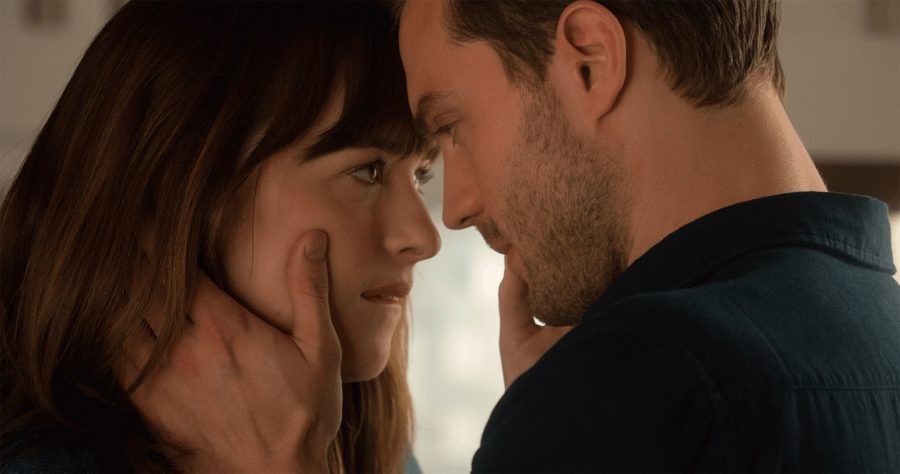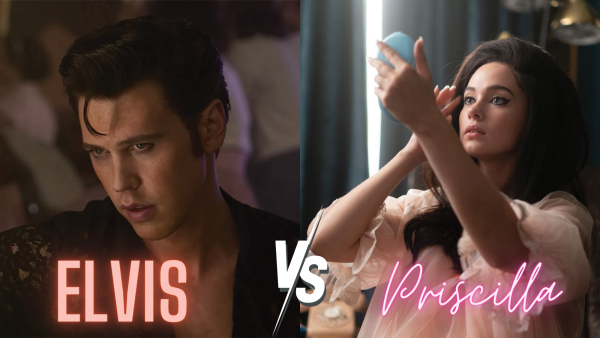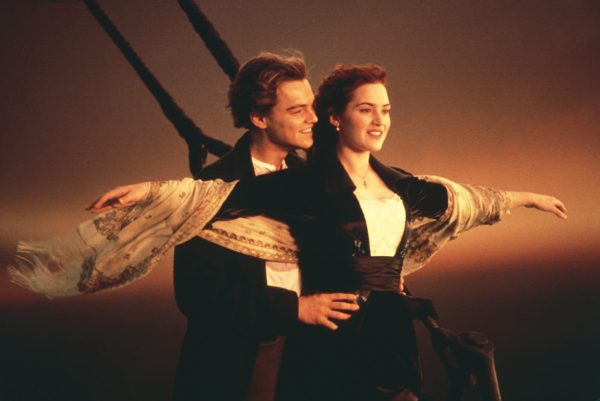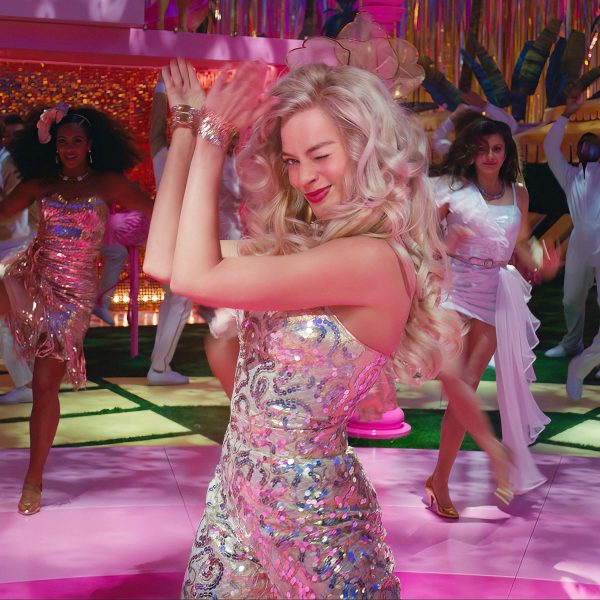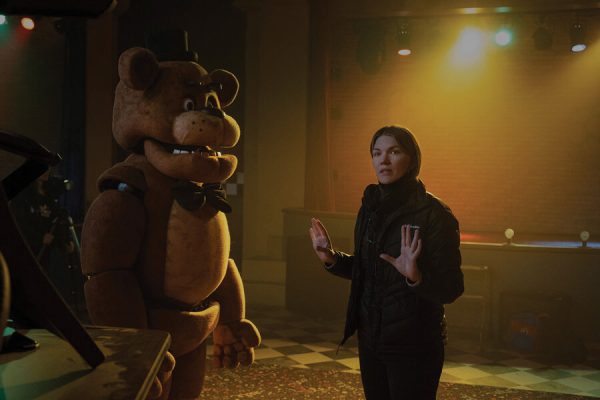“Fifty Shades” definition of love is toxic
The erotic romance drama “Fifty Shades Darker,” the sequel to 2015’s “Fifty Shades of Grey,” has received a nearly universal negative critical reception, currently carrying just a nine percent approval rating on Rotten Tomatoes
Feb 27, 2017
Having escaped the possessive Christian Grey, Anastasia “Ana” Steele is once again living a peaceful life, happily working at a publishing company. But her peace is intermittently broken by gifts from Grey, who desperately wants her back. The two finally meet and once more enter into a relationship, this time with “no secrets, no punishments and no contracts.”
As Ana and Christian grow closer, Ana learns more and more about Christian’s troubled past and just what it takes — physically and emotionally — to be involved with someone as demanding and complicated as Christian Grey.
Directing: 1/5
“What is love? Baby, don’t hurt me, don’t hurt me no more.” Many are familiar with these lyrics by Haddaway, and “Fifty Shades Darker” is a direct embodiment of those very words.
Just like the male protagonist’s surname, the morals and message of this film are decidedly grey.
At one point in the movie, Christian claims he wants to quit his dominant lifestyle, and Ana says she wants to help him. However, in the next scene, the couple engages in the erotic behavior they had just said they didn’t want anymore. Ana continually contradicts herself by giving a strong “No” to Christian’s controlling, stalker-like advances but soon emits a passionate “Yes” to whatever suggestion Christian gives — even if their subsequent actions go against everything she was resisting only moments before.
The word “Love” is spoken only a handful of times but never lived out in the characters’ actions, no matter how passionate their sex life is. Sex does not equal love, and love does not equal sex.
According to “Fifty Shades Darker,” the meaning of love is breaking all moral boundaries, allowing anything to happen and having as much carnal sex as possible. There is no meaningful discussion between Ana and Christian about the give and take, the equal responsibility of loving one another as significant others. It’s only about what each one can get from their relationship.
With so much back and forth, it’s hard to know if the audience is supposed to root for Ana and Christian or see them as tragic characters.
Writing: 1/5
The plot of “Fifty Shades Darker” is just as muddled and unclear as the directing. The rekindling of Ana and Christian’s relationship happens at breakneck speed, throwing any sense of character development and pacing out the window. Indeed, a majority of the film is spent meandering around until the next sex scene.
By the end of the film, nothing is really accomplished. The plot point of Ana and Christian wanting to do away with their BDSM lifestyle is dissolved immediately.
What could have been an engaging struggle against one’s darkest temptations and the journey toward a healthy relationship is instead a dull, repetitive affair that is anything but romantic.
Acting: 1/5
Anastasia Steele is played by Dakota Johnson, who gives a committed turn as the indecisive young woman. Jamie Dornan plays the dreary Christian Grey. Dornan’s composed performance comes off as emotionless and disinterested, rather than intimidating and commanding.
Eric Johnson plays Ana’s oppressive boss Jack Hyde, who is particularly a one-note character with no real depth or motivations. Bella Heathcote plays the unfortunate Leila Williams who is perhaps the most interesting of the bunch, but whose backstory is quickly explained away without much exploration.
Overall:
When the main focus of a story is sexual tension (both in and out of the bedroom) between two main characters, there isn’t much room to go in character development — or plot for that matter. This story makes for an uninspired chore to sit through. Yet somehow, thousands of people flock to the theaters and bookstores to indulge in the misconstrued view of love that is “Fifty Shades Darker.”


